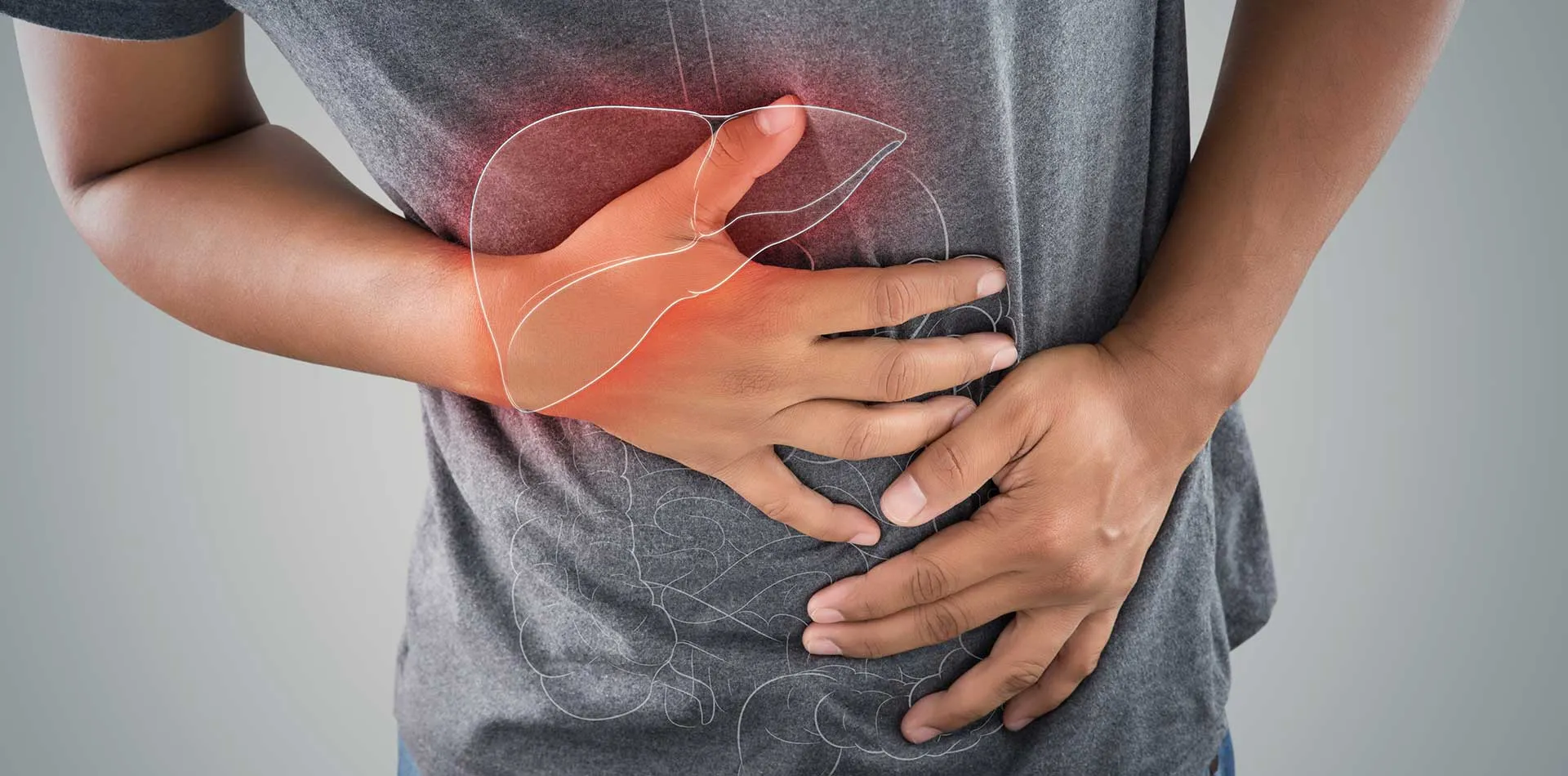
Gallbladder cancer is a condition causing unusual growth of cells in the gallbladder - a small, pear-shaped organ on the right side abdomen under the liver. The gallbladder stocks bile that is a digestive fluid produced by the liver.
This condition is rare, best to be detected at its earliest stages for better chances for a cure. Since there are no specific signs, gallbladder cancer is discovered in its advanced stage, and the hidden nature of the gallbladder makes it simpler for gallbladder cancer to develop without being identified.
Gallbladder cancer signs may include abdominal pain, mainly in the upper right portion of the abdomen, jaundice that is the skin and whites of the eyes become yellow, abdominal bloating and losing weight without dieting or exercise.
Get medical advice when you experience any signs or symptoms that worry you.
The causes of gallbladder cancer are unknown; doctors identify that it forms when healthy gallbladder cells develop changes (mutations) in their DNA.
A cell's DNA carries the instructions that direct a cell on what to do; when changes happen, it tells the cells to spread out of control and continue living when other cells usually die. These cells accumulate, forming a tumor that may extend beyond the gallbladder and spreads to other parts of the body.
Gallbladder cancer usually begins in the glandular cells, which line the inner surface of the gallbladder, known as adenocarcinoma.
Factors that raise the risk include:
• Women are more likely to the condition, and the risk increases with age.
• People with a history of gallstones are most prone to gallbladder cancer.
• Other gallbladder conditions such as polyps, chronic inflammation and infection raise the risk of gallbladder cancer.
• Inflammation of the bile ducts, mainly sclerosing cholangitis, causes inflammation of the ducts that drain bile from the gallbladder and liver and increases gallbladder cancer risk.
Patient Experience